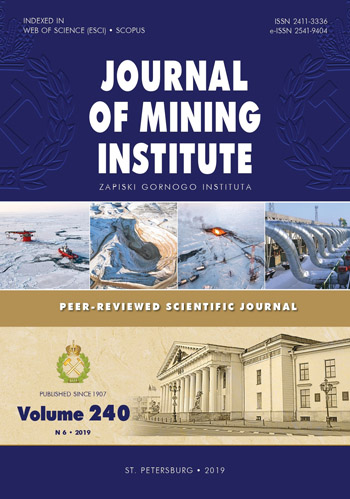Integrated mining projects in underdeveloped territories of Russia: substantiation of implementation parameters
- 1 — Saint-Petersburg Mining University
- 2 — Saint-Petersburg Mining University
- 3 — Erdenet Company
Abstract
Complex mining projects, as a rule, have significant economic and social impact on the territory, sometimes entire regions where they are implemented. Consumers of their implementation effects are population, government, buyers, lenders and other stakeholders. Therefore, development of transport infrastructure in integrated projects for development of mineral deposits should have state support, forms of which are very diverse. In Russia parameters of concession agreements for construction of transport infrastructure, carried out in conjunction with projects for development of mineral deposits, are not regulated or justified. Aim of the work is to develop an organizational model and justify parameters of concession agreement for construction of the railway as a key element of transport infrastructure necessary for successful implementation of the project for development of a large coal deposit in a low-developed region. Research methods are: strategic, institutional, investment analysis, modeling and forecasting methods. The article proposes an approach to justification of technical, economic and financial parameters of concession agreement implemented during realization of an integrated mining project. As a result of the study, a concession agreement model was developed for construction of railway section as part of an integrated mining project, including development of a deposit and construction of a mining and concentrating company.
